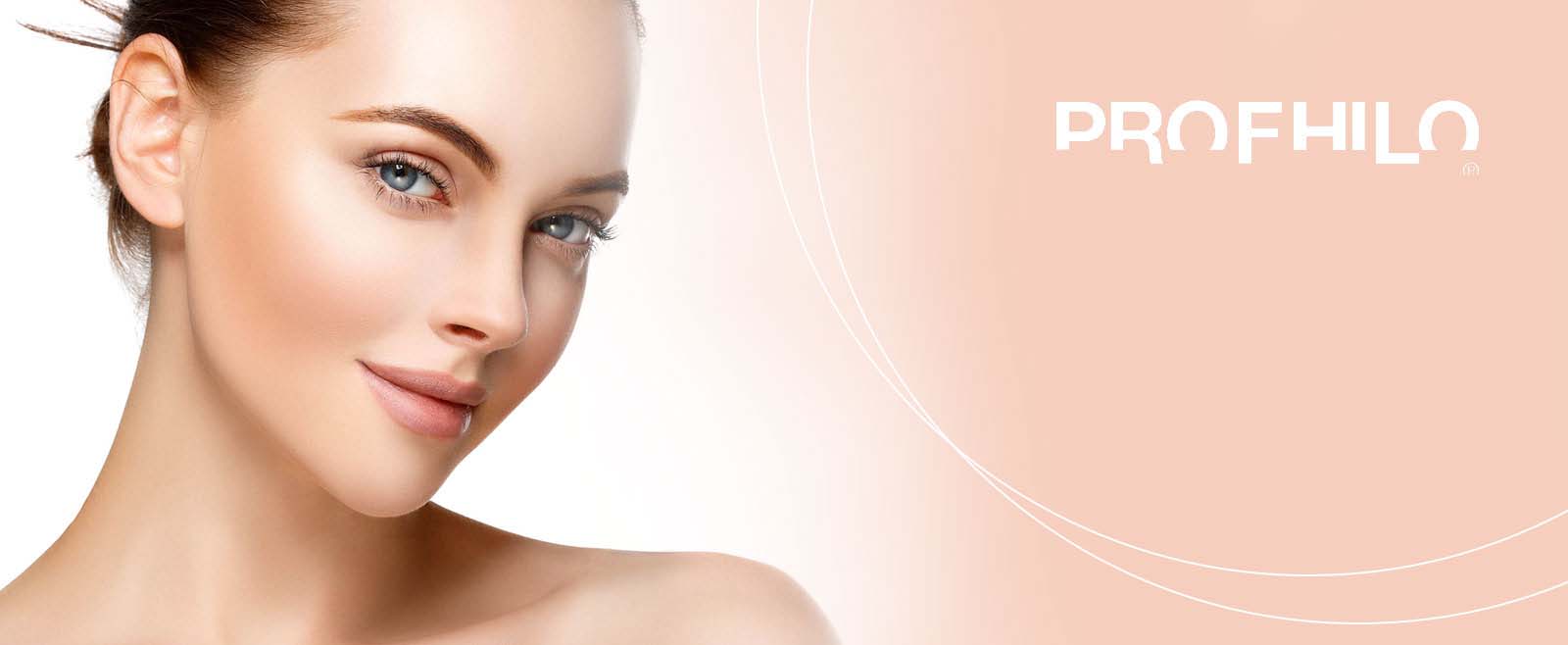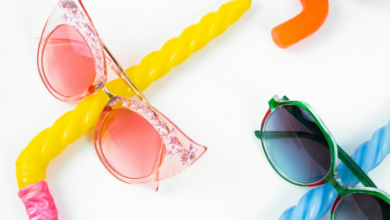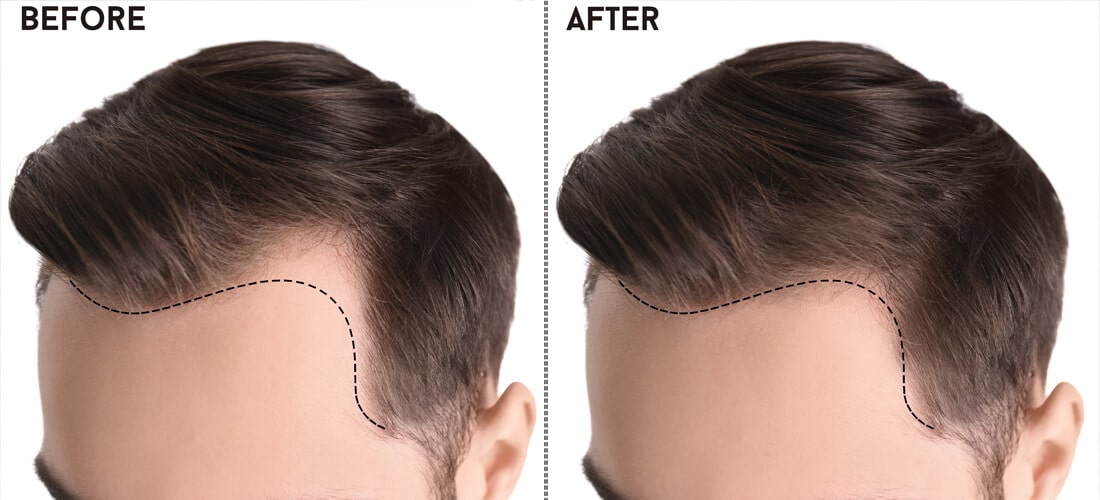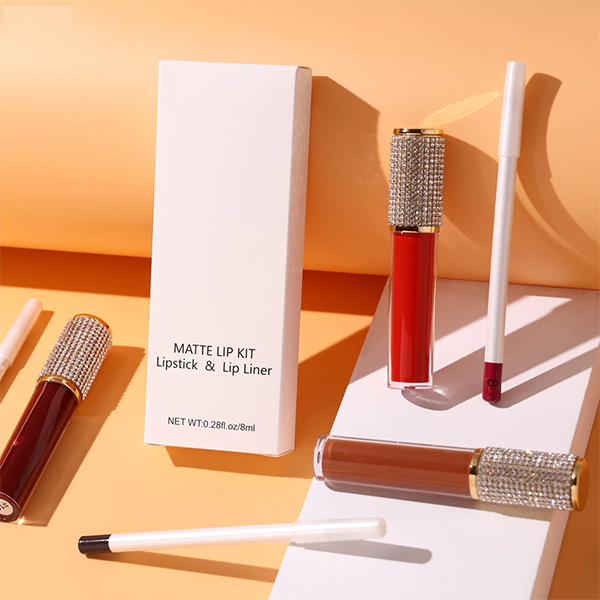
Botox, Fillers, Profhilo: Pregnancy-Safe Treatments?
Congrats! You’re getting on an exciting new chapter, regardless of whether you’ve made the decision to begin trying for a child or are already expecting. Your health and the health of your developing child will be your top priorities throughout this time.
Many cosmetic procedures employ chemicals or injectable substances that may be harmful to your unborn child while you are pregnant or nursing.
Making educated choices regarding these therapies prioritizes your family’s well-being. Patient safety is of utmost importance to any aesthetic clinic in Netherlands.
The pros follow these guidelines for women who are pregnant or nursing, but before undergoing any cosmetic procedure like Botox, Fillers, Profhilo, you should speak with a skilled healthcare provider.
Let’s discuss them one by one.
1) Profhilo
In a “better to be safe than sorry” situation, the typical recommendation is to postpone treatment because there haven’t been many research conducted on this specific subject.
According to a recent study, “controlled trials addressing the safety of cosmetic procedures during pregnancy and postpartum periods are lacking.”
Delaying elective cosmetic operations until after the baby is born is advised.
Is It Possible to Have Profhilo While Nursing?
It is often advised against receiving Bio-Remodelling treatment (Profhilo) during nursing.
It’s best to be cautious in the same situation as above regarding pregnancy because there isn’t enough data or research on the subject.
Because the body must recover the injection sites, any cosmetic procedure may result in mild hormonal alterations.
The body may be putting less effort into making high-quality milk if it is focused on repairing minor skin punctures.
Can I Get Profhilo Once the Baby Is Born?
If you’re not nursing, it’s safe to start therapy after the baby is born, but it’s probably best to wait three to six months (up to six months) to allow your body to heal after giving birth.
It’s preferable to take it easy and concentrate on healthy behaviors instead of cosmetic procedures like hyaluronic acid fillers because you’ll be going through a lot of changes throughout this time.
2) Botox
Pregnancy has been shown to hasten the aging of cells. When combined with a mandatory hiatus from aesthetic procedures, this is bad news for the development of wrinkles.
Fortunately, Botox injections can be used by the qualified professionals to cover up any new wrinkles that develop throughout your pregnancy.
3) Dermal Fillers
Hyaluronic acid is a naturally occurring substance found in the body and is typically used in dermal fillers. Dermal fillers come in a variety of forms, each intended for a particular location and with varying durations of action.
Dermal fillers can be used almost anywhere on the face, including the lips, cheeks, under the eyes, and on the tips of the hands. The majority of dermal fillers last six to twelve months, although you can dissolve your filler sooner then.
4) Chemical Peels
The chemical peels will revitalize your skin from head to toe. By removing the outermost layers of skin, superficial peels open up your pores and reveal youthful, vibrant skin cells.
A medium-depth Perfect Peel will help to balance out your skin tone and get rid of discolored regions if you have melasma during pregnancy.
What Prevents Me From Getting Them During Pregnancy?
The FDA states that because pregnant and nursing women’s pregnancy hormones fluctuate, they shouldn’t undergo Botox or fillers.
It may result in edema and problems with blood flow. To put it another way, it could harm the mother rather than the child.
Furthermore, choosing dermal fillers is generally not a good choice, especially if you prefer long-lasting fillers, as many pregnant women already have larger lips.
Women’s skin might alter during pregnancy and after giving birth, thus injectables and fillers may have unanticipated side effects. The impact and safety of injectables and fillers for expectant or nursing mothers, however, have not been well studied.
Due to this dearth of knowledge, the FDA and numerous medical professionals urge expectant mothers to postpone injectables, Profhilo or fillers until they have completed breastfeeding, if they intend to do so.



